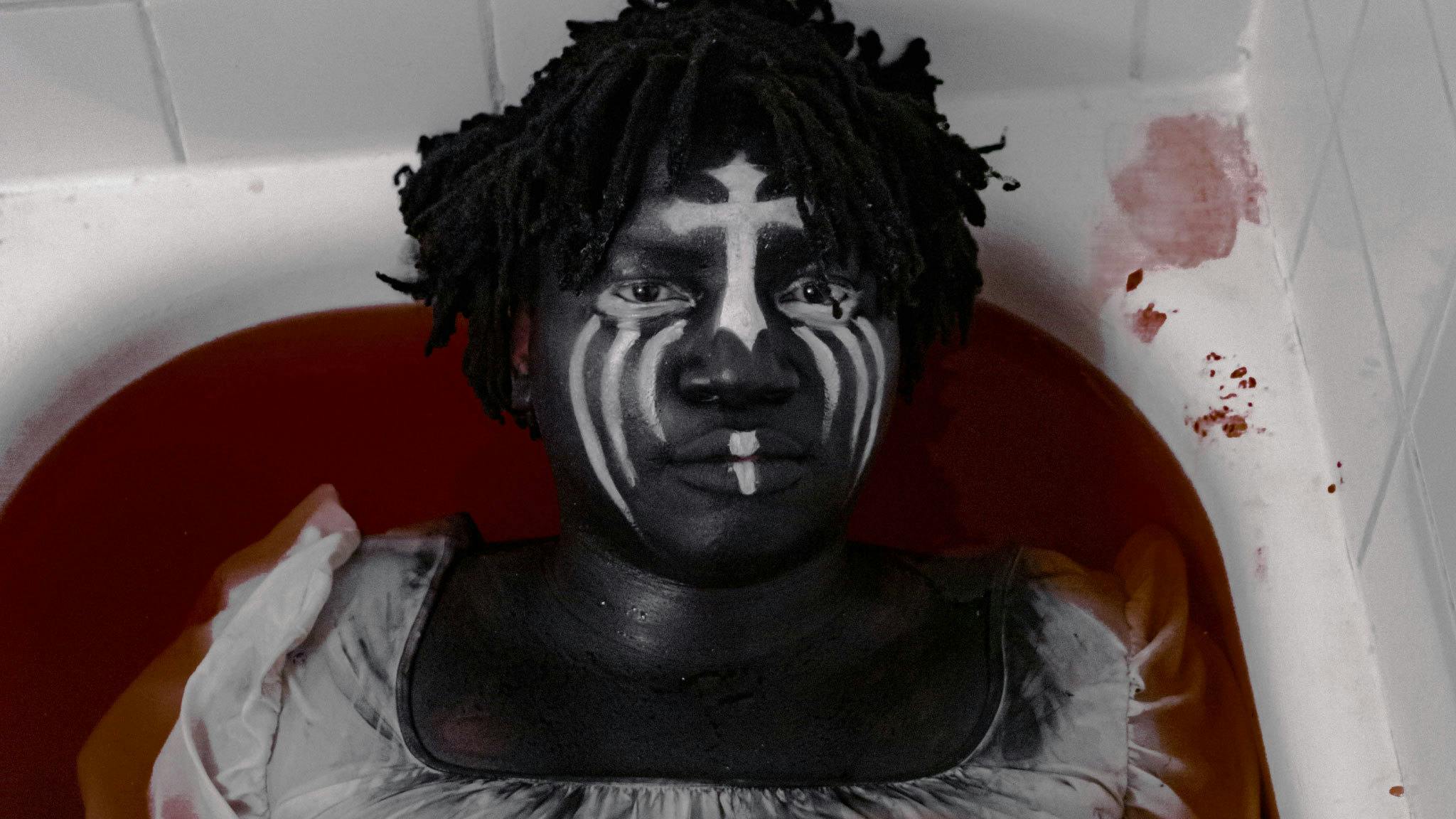Following such a tragic story of someone at their lowest ebb, perhaps the most harrowing and heartbreaking lyrics you’re likely hear this year come in the second verse of KUMOTO. Concerning itself with Ashanti’s ‘evil deeds’, the second verse tells of a time she’d prefer to forget. Throughout our conversation, even down the more morbid avenues, the rapper has been animated and laughing, but as we discuss her experiences in sixth grade she slows down, considers her words carefully, voice on the edge of cracking.
“I was young and stupid,” she begins. “I used to hang out with this girl. I used to wonder why she’d always sit alone and shit like that, but she had this crazy-bad disease of her immune system. I was dealing with wanting to be liked so I found this group of dudes who used to be really mean to her and one time I was hanging out with them and wanting to seem cool so I joined in on making fun and shit. Then over the next few weeks and months she stopped showing up to school, we’re wondering what’s going on, and we found that she died.”
This horrific incident is immortalised in ferocious, self-hating delivery of, ‘Fast forward to her funeral in an open casket / I looked her mama in the face as I'm moping sadly / I see the body, look away in a slowly panic / That was the last thing I said I hope I choke on that shit.’ A committed, no-nonsense honesty trying to exorcise the demons within.
“Going through that experience of that person not being there anymore, and the last thing that you ever said to them was not so good, and the way you treated them, and having to live with that was pretty heartbreaking for a 12-year-old.
“You can’t take that back.”
